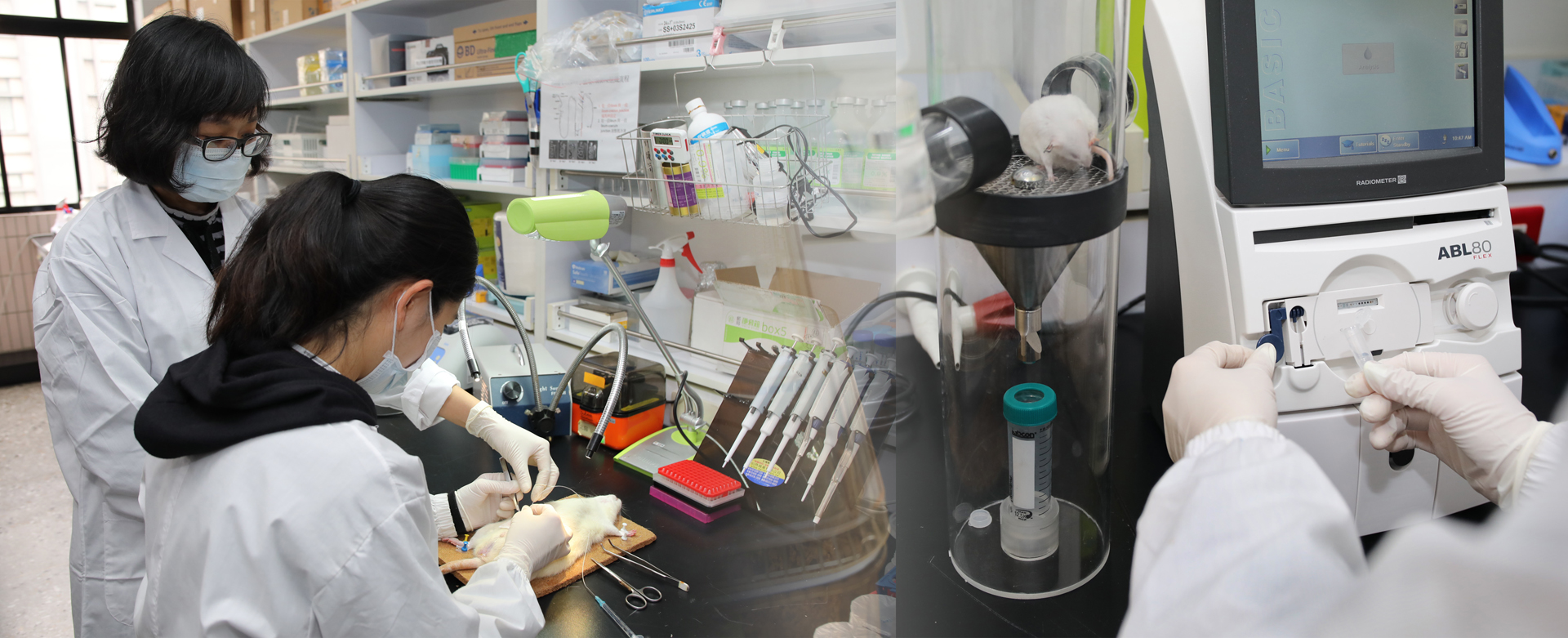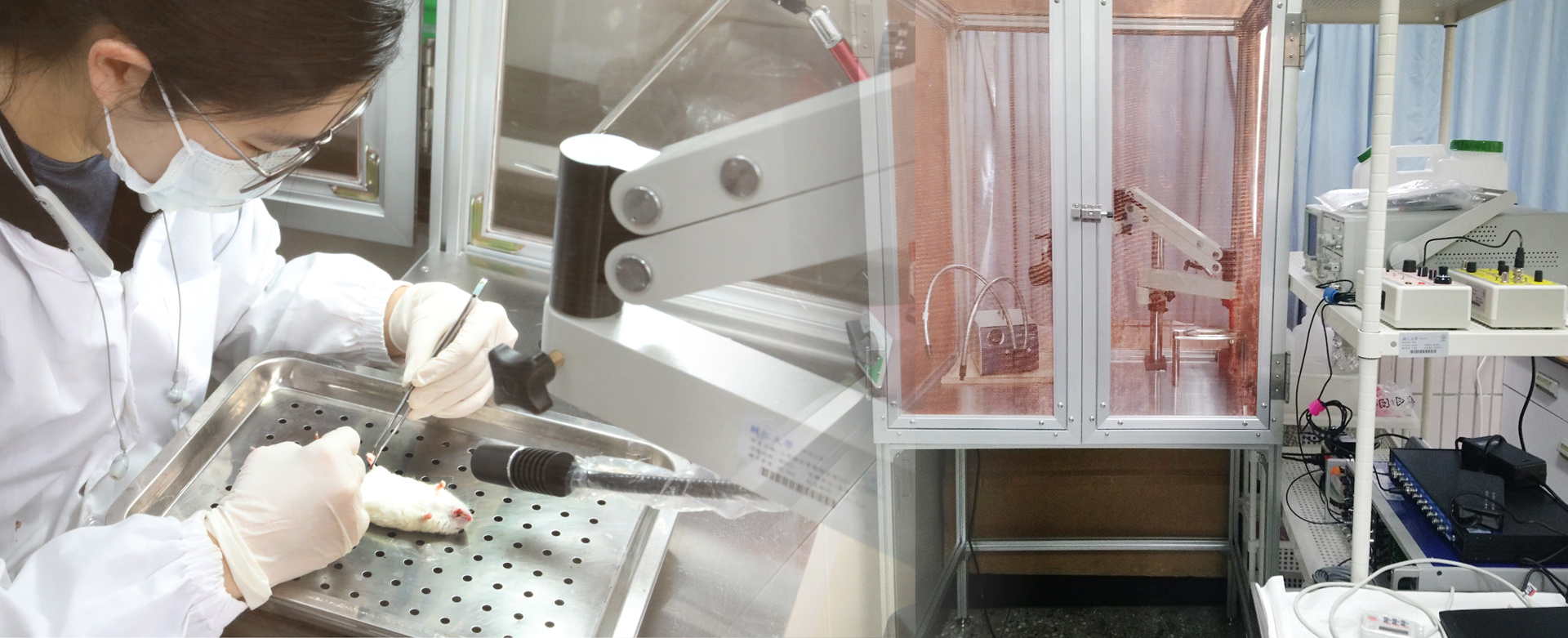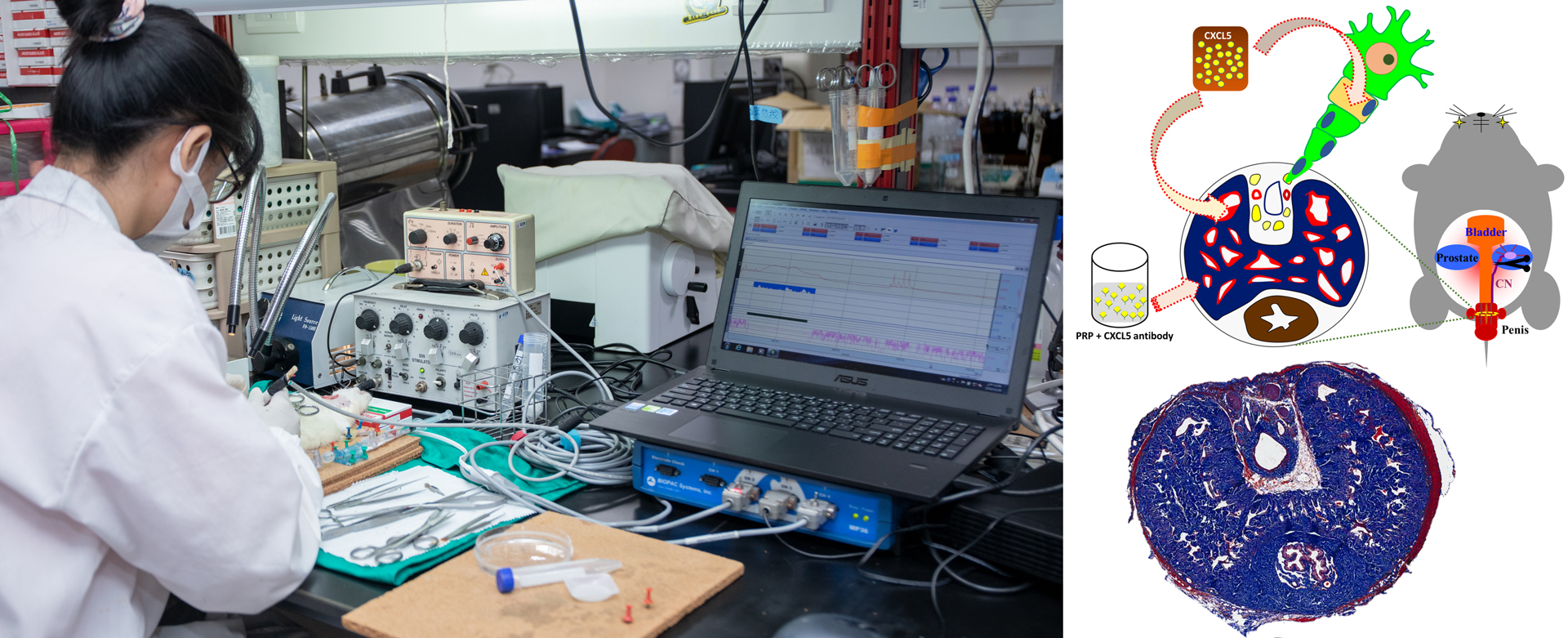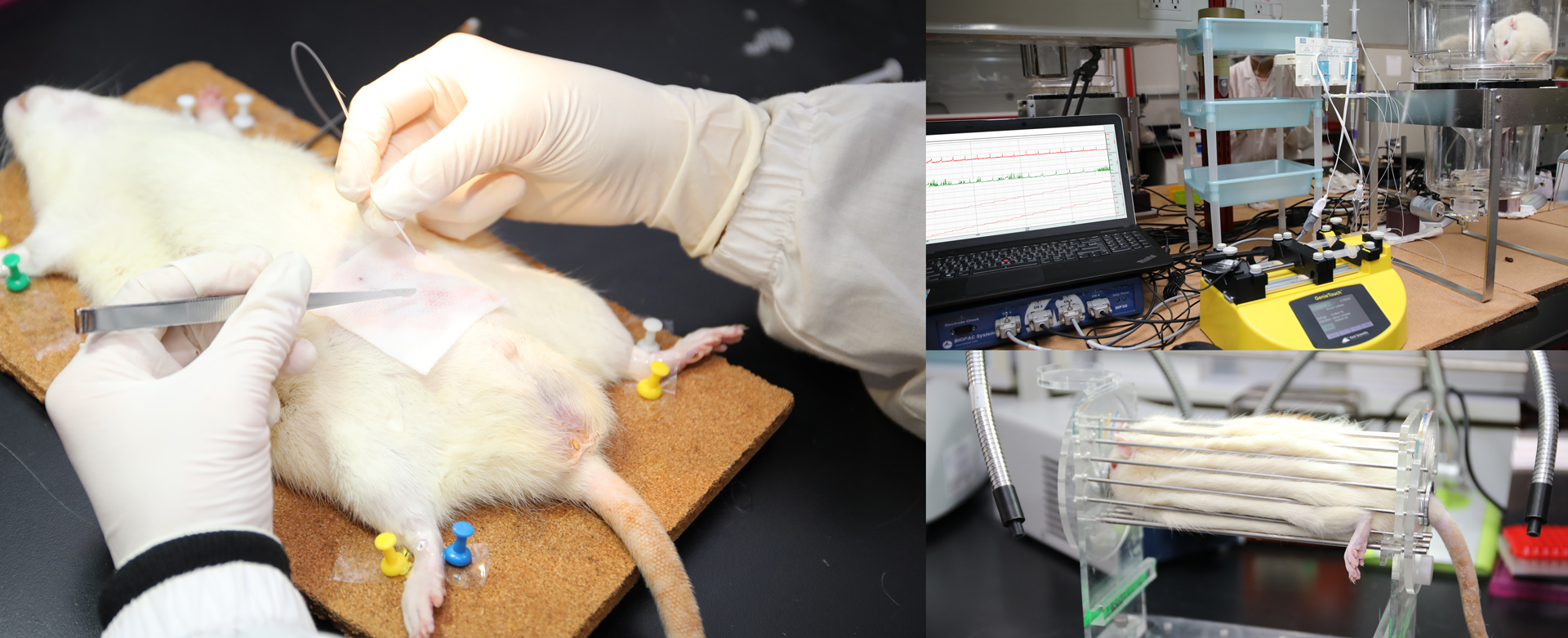Featured Scientist

Yi-No Wu, Ph.D
Associate Professor
Biomaterials and Erectile dysfunction
Radical prostatectomy is the optimal clinical treatment method available for prostate cancer. Erectile dysfunction is a common post-surgical complication. Commonly used clinical approaches for patients with erectile dysfunction caused by prostatectomy to regain smooth erection include oral medications (PDE5 inhibitor) or intro-cavernous injection of prostaglandin E1. However, the therapeutic effect remains limited.
Platelet-rich plasma (PRP), containing high concentrations of growth factors, has been widely applied to diverse treatments, particularly in the fields of orthopedics and medical beauty. These growth factors can prompt the regeneration of damaged cells and of veins and provide damaged nerves with an incubation environment rich in growth factors for platelets. Research by Dr. Wu revealed that growth factors through different PRP preparations differ greatly. She not only optimized the preparation of PRP but also validated the superior therapeutic effect of optimized PRP with high concentrations of growth factors.
During her doctorate years, Dr. Wu Yi-Na created rat models with damaged cavernous nerves for measuring intra-cavernous pressure during erection and simulated the nerve damage of patients after clinical prostate resection, expecting the rich growth factors contained in optimized PRP to exert restorative and protective effects on nerves.
Professor Wu undertook research at the University of Tokyo, Japan and returned with several animal models for bladder-related surgical research. The pathogenesis of interstitial cystitis nonetheless remains clinically unknown. Rat models are currently being created in Professor Wu’s laboratory by using ketamine metabolites to induce symptoms similar to those of interstitial cystitis; and PRP treatment is provided to the rats for observing its therapeutic effects.
The genetic study of related genes developed out of male infertility-such as mouse models with mutated CFTR and SLC9A3 genes-was conducted at Dr. Wu’ laboratory. CFTR gene mutation is a common recessive inherited disease among Caucasian peoples and has many consequences such as cystic fibrosis or infertility. SLC9A3 gene mutation often causes infertility among Asian races. Because the proteins generated by the two genes are both ion-channel proteins, the equilibrium effects exerted by the common knockout of both genes were also a focus of the research at Dr. Wu’s laboratory.
169 views



